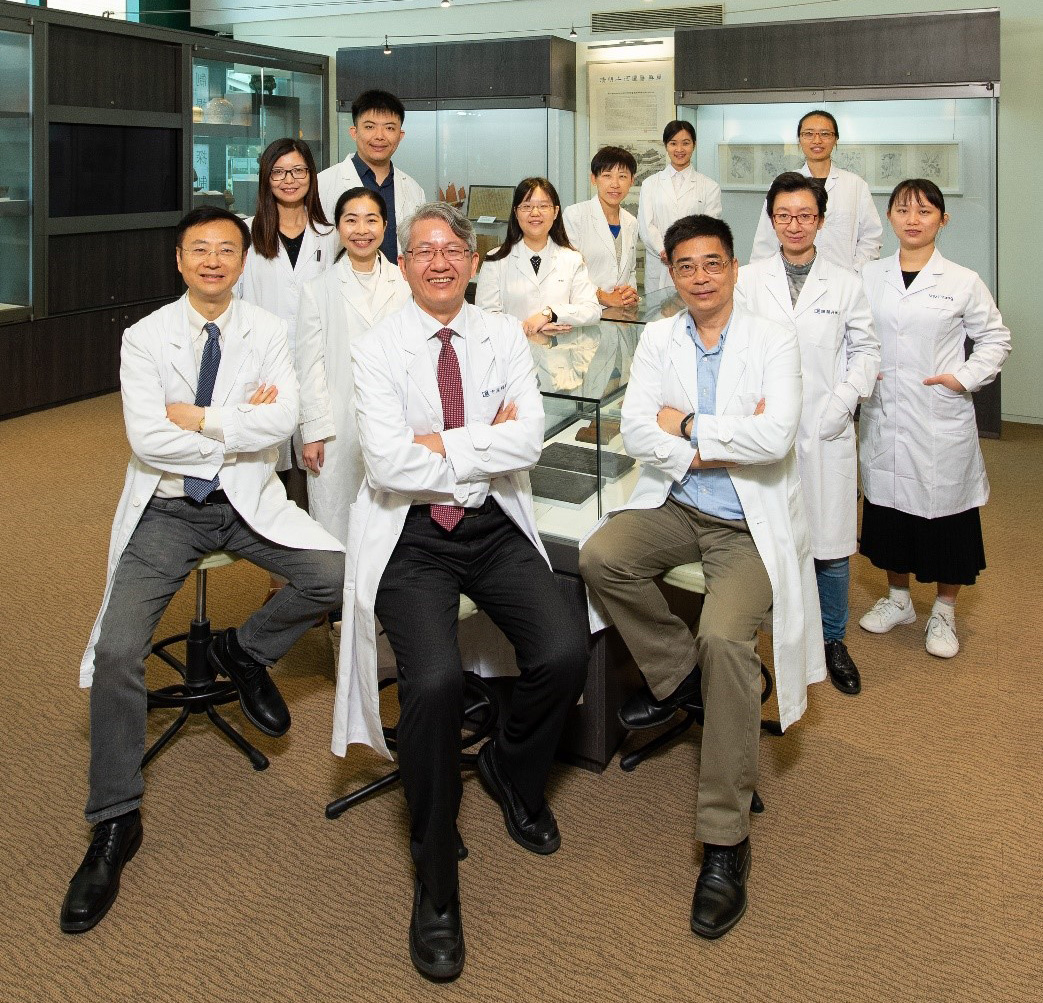News
Research led by Professor Bian Zhaoxiang discloses novel gut microbiota-mediated mechanism underlying increased excretion of bile acids in patients with IBS-D
31 December 2019
Irritable bowel syndrome (IBS) characterised by irregular defecation and abdominal pain is one of the most prevalent functional gastrointestinal disorders worldwide. However, the incomplete pathogenic understanding largely limits the development of effective and precise medication for IBS. A team of IBS researchers led by Professor Bian Zhaoxiang, Tsang Shiu Tim Endowed Chair of Chinese Medicine Clinical Studies and Director of the Clinical Division and Hong Kong Chinese Medicine Clinical Study Centre, has discovered the mechanism by which altered gut microbiota can induce excessive bile acid (BA) synthesis and excretion in diarrhoea-predominant IBS (IBS-D). Their research findings were recently published in the internationally renowned academic journal The Journal of Clinical Investigation (https://jci.org/articles/view/130976).
An excess of faecal BAs is thought to be one of the peripheral mechanisms for IBS-D but the factors causing excessive BA excretion remain insufficiently studied. The team focused its investigation on the population of IBS-D with bile acid diarrhoea and identified a specific association of Clostridia bacteria enrichment with the levels of faecal BAs and serum BA synthetic and feedback markers. Through a series of basic experiments, they found that Clostridia-produced secondary BAs can suppress intestinal BA feedback regulation via targeting farnesoid X receptor signalling. This study enables a more precise pathogenic understanding and symptom management of IBS-D. Besides, the research strategy of integrating the profiling of gut microbiota with metabolic features will enable a deep understanding of the microbiota-associated conditions, from physiological, pathophysiological to therapeutic aspects, not just for IBS, but all gut microbiota-related diseases. More importantly, given the importance of gut microbiota in the metabolism and pharmacology of herbal medicine, this study will also provide the basis for the development of Chinese medicines for IBS and other gut microbiota-involved disorders.
The project is a collaboration with Professor Lyu Aiping, Dean of Chinese Medicine and Dr. Kennedy Y.H. Wong Endowed Chair of Chinese Medicine, and Professor Jia Wei, Chair Professor in Chinese Medicine and Systems Biology and Cheung On Tak Endowed Professor in Chinese Medicine, as well as Professor Cai Zongwei, Kwok Yat Wai Endowed Chair of Environmental and Biological Analysis, from the Department of Chemistry. A bioinformatic team led by Dr. Fang Xiaodong from Second Affiliated Hospital of Guangzhou University of Chinese Medicine and Professor Hani El-Nezami from School of Biological Sciences, The University of Hong Kong, have also lent their support to this project.

